- Overview
- Symptoms & Stages
- Tests & Diagnosis
- Treatment
- Living With
- Support & Resources
- View Full Guide
Reasons Your Hands Are Shaking


Essential Tremor
This nerve disorder is the most common reason your coffee cup won't stay still while you hold it. It kicks in while your hands are doing something, but goes away when they're not. There's no clear cause, but it's sometimes traced to a change in a gene. If your symptoms are mild, you may not need treatment. If they get in the way of everyday tasks or your job, you may need medicine, occupational therapy, or surgery.
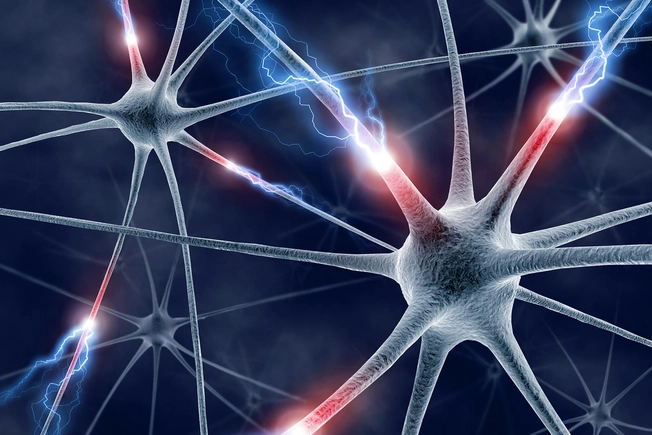
Parkinson's Disease
When you have this condition, your hand shakes because brain cells that tell your muscles to move get damaged. The shaking usually starts on one hand, but over time may spread to the other. You may also move more slowly, have trouble with balance, or find that your arms and legs stiffen up. The main treatment for Parkinson's tremors is medication and sometimes surgery for better muscle control.
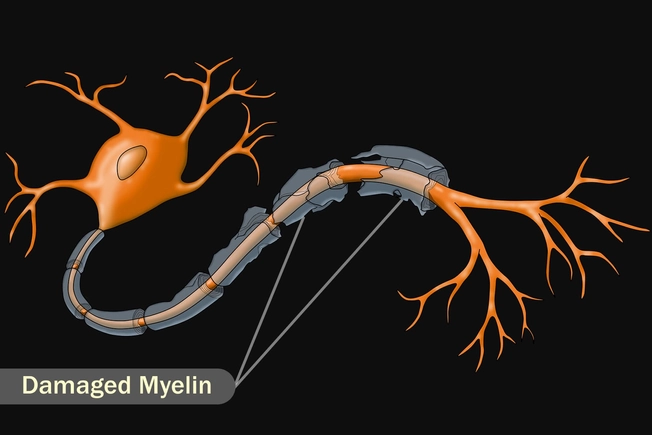
Multiple Sclerosis (MS)
This condition damages a coating on your nerves called myelin. When this happens, you may get symptoms that include shaking in your hands or other parts of your body. Medicine is the most common way to treat it. A physical or occupational therapist can help you learn ways to manage your symptoms.

Overactive Thyroid (Hyperthyroidism)
Have you had your thyroid hormone levels checked lately? Shaky hands may be a sign of hyperthyroidism. This means your thyroid gland is working too hard and kicking your heart rate into high gear. You may also notice that you lose weight without trying, are sensitive to light, get a fast heartbeat, and have trouble sleeping. A simple blood test will help you and your doctor figure out what's going on.

Too Much Caffeine
Can't do without your morning coffee? Have a cup or two, then cut yourself off. Caffeine is a stimulant, so the same natural chemical that helps you wake up will also make your hands shake if you have too much. Coffee isn't the only culprit. You can also find caffeine in over-the-counter headache medicine, chocolate, and some sodas.

Alcohol Withdrawal
If you have an addiction to alcohol, you could get symptoms that include shaky hands when you quit. It starts as soon as 10 hours after your last drink and can last a few weeks. Some detox programs use medication to help you manage withdrawal symptoms.

Lack of Sleep
You can't expect a car to run if you don't give it gas. And you can't expect your brain to send messages to all the right places without sleep. When you don't get enough shut-eye, it can cause your brain to mistakenly tell your hands to tremble. Luckily, you can snooze your way back to steady hands.

Low Blood Sugar
Your nerves and muscles are powered by blood sugar. When they don't get enough, they tell your hands to shake. Low blood sugar can be caused by diabetes, certain medications, too much alcohol, or not enough food. A doctor can help you narrow down what's happening and why.

Stress
When something stresses you out, like giving a speech or watching a scary movie, your nerves kick into overdrive. Your hands shake and your heart beats fast. The shakiness will go away when the stress does. Try stress relief techniques like deep breathing or meditation.

Certain Medications
Twitchy hands are a common side effect of many different types of prescription drugs. Among the most common are medicines for your mood, seizures, migraine, neuropathy, and asthma. Some antihistamines cause this problem, too.

Smoking
Though some people do it because they hope it will ease stress, smoking can cause anxiety. Nicotine, the addictive drug in tobacco, gets into your bloodstream and makes your heart beat faster. This can make you feel anxious and cause your hands to shake. Talk to your doctor to get ideas on how to quit tobacco.

Lack of Vitamin B12
B12 plays big role in keeping your nervous system healthy. If you don't eat meat or eggs, don’t drink milk, or if you take certain medications, you might have lower-than-normal levels of this vitamin. This can cause your hands to shake or make your arms and legs feel numb and tingly. Your doctor can tell you if you need to take supplements.
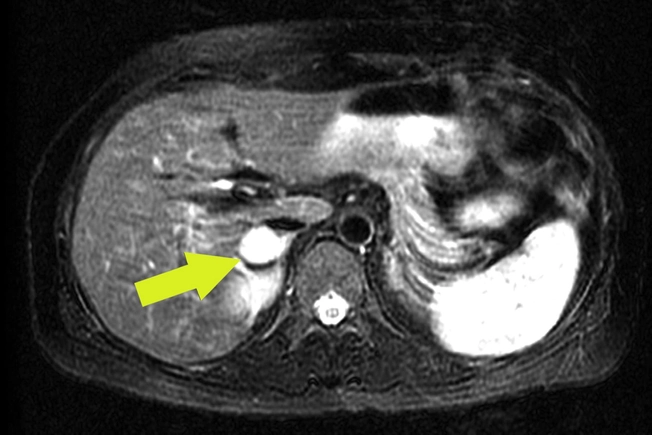
Pheochromocytoma
This is a long word for a rare tumor that grows in your adrenal gland. Though the tumor is usually benign, it makes your blood pressure go way up. It could make you shake as well as cause heavy sweating, shortness of breath, and headache. The tumor can also lead to heart disease and stroke, so it's best to remove it with surgery.
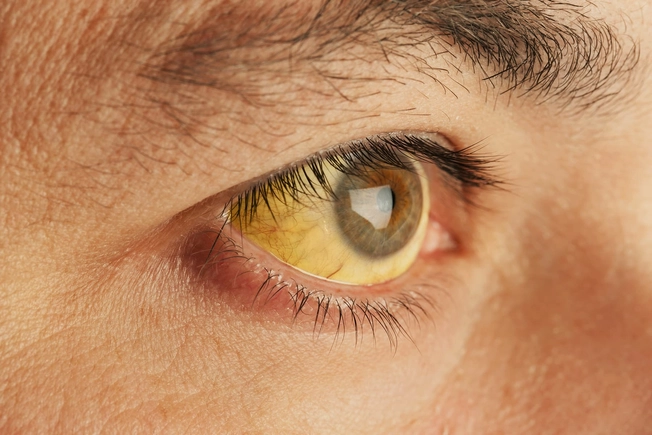
Liver Disorders
Shaking is a symptom of a few liver disorders, like Wilson's disease. In this genetic condition, a buildup of copper in your body damages your liver and brain. You'll also feel tired and get jaundice -- a yellow tint to your eyes and skin. Doctors treat Wilson's disease with medication and diet changes.
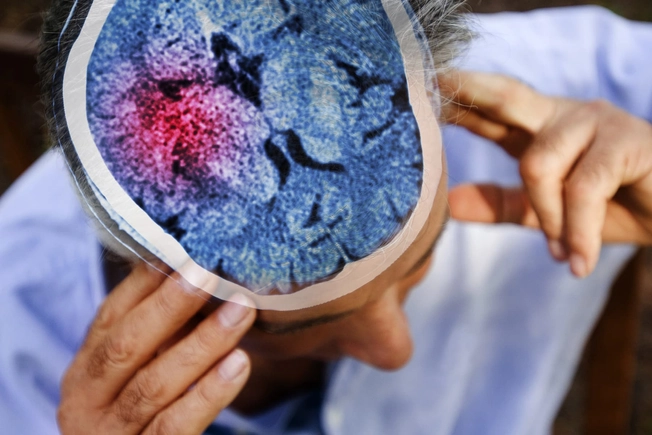
Brain Disorders
If you've had a stroke or a traumatic brain injury, the muscles in your hands may have a mind of their own. Ask your doctor about medication or occupational therapy to manage shakiness. And steer clear of caffeine, nicotine, or anything else that makes the symptoms worse.
IMAGES PROVIDED BY:
1) Amie Brink / WebMD
2) Ktsimage / Thinkstock Photos
3) MONICA SCHROEDER / Science Source
4) BakiBG / WebMD
5) marinovicphotography / Thinkstock Photos
6) Shannon Hibberd / Getty Images
7) PhotoAlto / Michele Constantini / Getty Images
8) Jose Luis Pelaez Inc / Getty Images
9) kasto80 / Getty Imgaes
10) Alexander Hadjidakis / WebMD
11) Juan Monino / iStock
12) AlexPro9500 /
13) NIC / Science Source
14) craftvision
15) FlairImages / Thinkstock Photos
SOURCES:
Washington University Physicians: "Trembling Hands -- Not Necessarily Parkinson Disease."
Mayo Clinic: "Essential Tremor," "Multiple sclerosis," "Vitamin Deficiency Anemia," "Pheochromocytoma," "Hypoglycemia."
Johns Hopkins Medicine: "What is Parkinson's Disease?"
Cleveland Clinic: "Parkinson's Disease: An Overview," "Are You Bound to Get Shaky Hands as you Age?"
National Multiple Sclerosis Society: "Tremor."
Piedmont Healthcare: "Could You Have A Thyroid Disorder?" "Shaky Hands -- Normal or Not?"
KidsHealth: "Caffeine."
National Sleep Foundation: "Besides Coffee, These Other Foods, Beverages and Medications May Also Cause You To Stay Awake."
Alcohol.org: "Alcohol Shakes or Tremors."
National Institutes of Health; National Institute on Drug Abuse for Teachers: "Mind Matters: The Body's Response to Nicotine."
University of Michigan: "Wilson (Wilson's) Disease."
National Institute of Neurological Disorders and Stroke: "Tremor Fact Sheet."